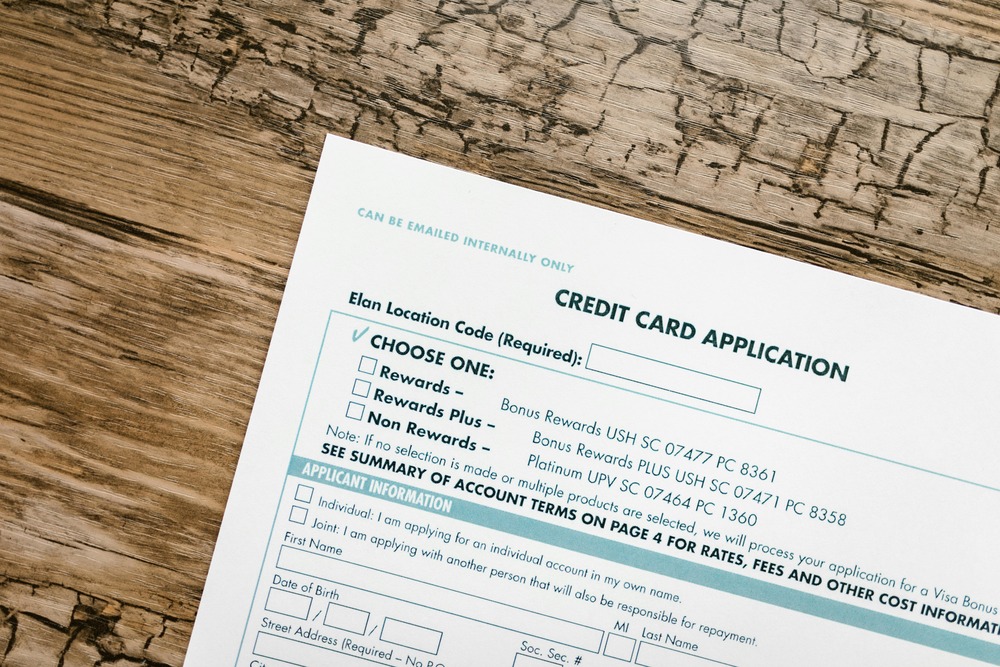Navigating the world of credit can be daunting for students, especially when it comes to securing a credit card without a cosigner. However, understanding the options available and the benefits of building credit early can set you on a path to financial success. In this blog, we will explore the ins and outs of student credit cards, backed by rich statistics and clear tables, to help you make informed decisions. Let’s dive in! 📊

Why Build Credit as a Student?
Building credit as a student is crucial for several reasons. A good credit score can help you secure loans for a car, rent an apartment, or even get a job, as many employers check credit reports. According to a recent study, 70% of employers consider credit history when making hiring decisions. Additionally, having a solid credit history can lead to lower interest rates on loans and credit cards in the future.
Key Benefits of Student Credit Cards
- Establishing Credit History: Starting early helps you build a positive credit history.
- Rewards Programs: Many student credit cards offer rewards like cash back or travel points.
- Financial Education: Managing a credit card teaches budgeting and responsible spending.
Statistics on Student Credit Cards
To better understand the landscape of student credit cards, let’s look at some statistics:
- Percentage of Students with Credit Cards: Approximately 40% of college students have at least one credit card.
- Average Credit Card Debt: The average credit card debt for students is around $1,200.
- Impact of Credit Score: A 100-point increase in your credit score can save you up to $30,000 in interest over a lifetime.
Student Credit Card Statistics Table
| Statistic | Percentage/Amount |
|---|---|
| Students with Credit Cards | 40% |
| Average Credit Card Debt | $1,200 |
| Employers Considering Credit History | 70% |
| Potential Savings from Credit Score Increase | $30,000 |
Choosing the Right Student Credit Card
When selecting a student credit card, consider the following factors:
- Annual Fees: Look for cards with no or low annual fees.
- Interest Rates: Compare APRs to find the most favorable rates.
- Rewards and Benefits: Choose a card that offers rewards that align with your spending habits.
Popular Student Credit Cards
Here are some popular options for student credit cards that don’t require a cosigner:
| Card Name | Annual Fee | APR Range | Rewards |
|---|---|---|---|
| Discover it® Student Cash Back | $0 | 14.99% - 23.99% | 5% cash back on rotating categories |
| Journey Student Rewards from Capital One | $0 | 26.99% | 1% cash back on all purchases |
| Citi Rewards+ Student Card | $0 | 13.99% - 23.99% | 2x points at supermarkets and gas stations |
Tips for Using Your Student Credit Card Wisely
- Pay Your Balance in Full: Avoid interest charges by paying off your balance each month.
- Set a Budget: Keep track of your spending to stay within your budget.
- Monitor Your Credit Score: Use free tools to keep an eye on your credit score and report.
The Importance of Responsible Credit Use
Using a credit card responsibly is key to building a positive credit history. According to the Consumer Financial Protection Bureau, 30% of your credit score is determined by your credit utilization ratio. This means that keeping your balance low relative to your credit limit can significantly impact your score.
Resources for Students
For more information on managing credit and finances, consider visiting these helpful resources:
- NerdWallet - Offers comprehensive guides on credit cards and personal finance.
- Credit Karma - Provides free credit scores and monitoring.
- The Balance - Features articles on budgeting, credit, and investing.
Conclusion
Building credit as a student without a cosigner is not only possible but also beneficial for your financial future. By understanding the options available, choosing the right card, and using it responsibly, you can establish a solid credit history that will serve you well in the years to come. Remember, the earlier you start building your credit, the better your financial opportunities will be! 🌟
With the right knowledge and tools, you can navigate the world of credit confidently. Happy spending! 💳✨




